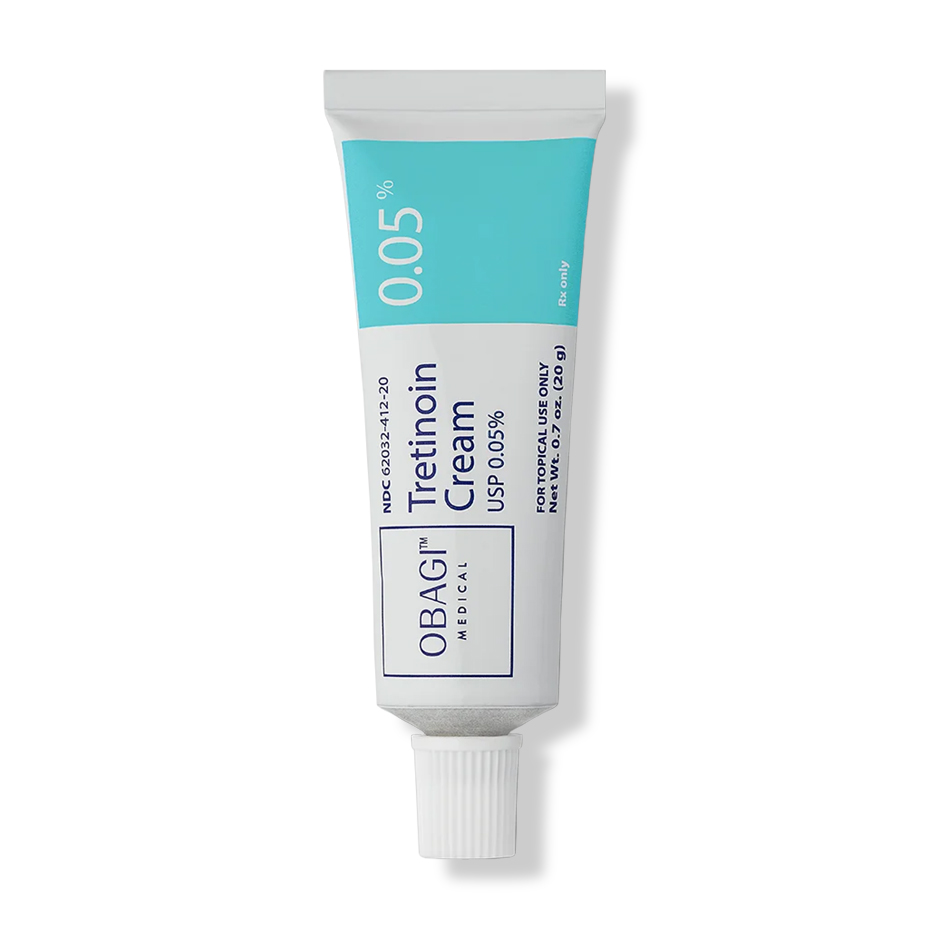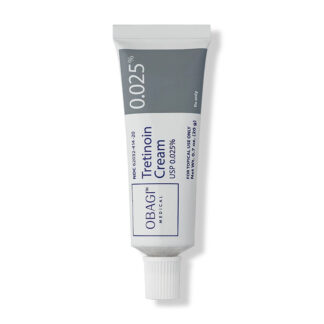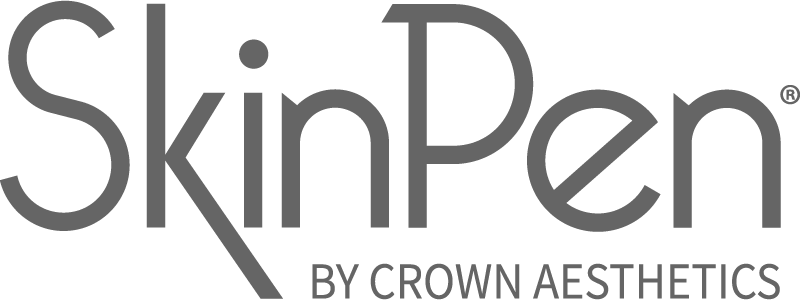Description
SKIN TYPES: Combination, Normal to Dry, Normal to Oily
BEST FOR: Acne & Blemish
Tretinoin is the generic name for synthetic, first-generation all-trans-retinoic acid. Topical tretinoin first arrived on the dermatology scene in the 1960s. It is a prescription drug approved to treat acne, and in a few other FDA-approved products (which does not apply to our tretinoin products) as an adjunctive agent to treat fine facial wrinkling for patients who use comprehensive skincare and sun avoidance programs.
Prescription required. Contact your healthcare provider to purchase, or find a nearby physician who offers this product.
Ingredients
ACTIVE INGREDIENT: 0.05% TRETINOIN
Derived from Vitamin A in the form of retinoic acid, the active ingredient tretinoin is a retinoid, widely recognized in skin care as a powerful and effective acne treatment.
Each gram contains: Tretinoin 0.05%, stearic acid, isopropyl myristate, polyoxyl 40 stearate, stearyl alcohol, xanthan gum, sorbic acid, butylated hydroxytoluene, and purified water.
IMPORTANT SAFETY INFORMATION
For Topical Use Only
INDICATION: Tretinoin Cream is indicated for topical application in the treatment of acne vulgaris.
CONTRAINDICATION: Use of the product should be discontinued if hypersensitivity to any of the ingredients is noted.
Please see full Prescribing Information for Tretinoin Cream
PRECAUTIONS: Exposure to sunlight, including sunlamps, should be minimized during the use of Tretinoin Cream and Gel, and patients with sunburn should be advised not to use the product until fully recovered.
Patients who have considerable sun exposure due to occupation and those with inherent sensitivity to the sun should exercise particular caution. Use of sunscreen products and protective clothing over treated areas is recommended when exposure cannot be avoided.
Weather extremes, such as wind or cold, also may be irritating to patients using tretinoin.
Tretinoin Cream should be kept away from the eyes, the mouth, angles of the nose, and mucous membranes. Topical use may induce severe local erythema and peeling at the site of application. If the degree of local irritation warrants, patients should be directed to use the medication less frequently, discontinue use temporarily, or discontinue use altogether.
Tretinoin has been reported to cause severe irritation on eczematous skin and should be used with utmost caution in patients with this condition.
Pregnancy: Tretinoin should be used during pregnancy only if the potential benefit justifies the potential risk to the fetus.
Adverse Reactions: The skin of certain sensitive individuals may become excessively red, edematous, blistered, or crusted. If these effects occur, treatment should be discontinued or adjusted to a level the patient can tolerate.

















